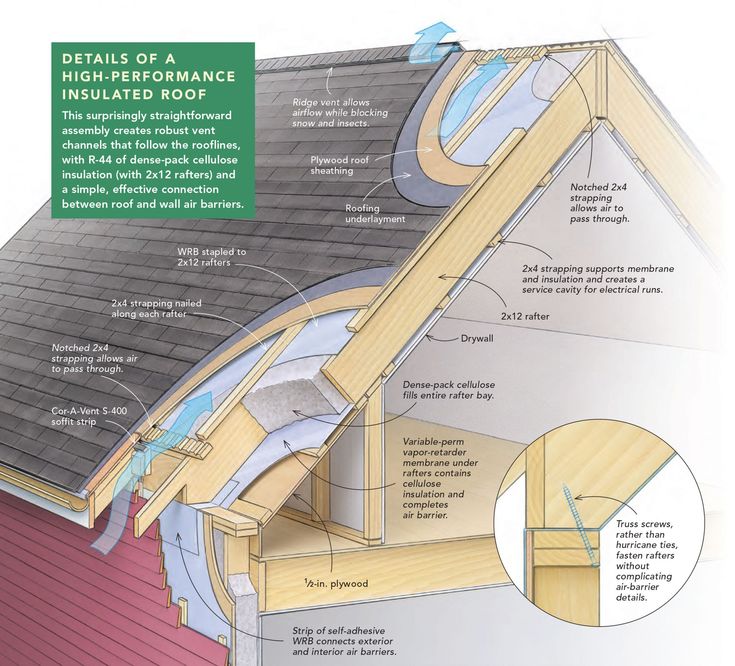When it comes to creating a comfortable indoor environment, many homeowners focus on aesthetic elements like furniture and décor roof insulation. However, one of the most critical factors often overlooked is roof insulation. Proper insulation not only enhances comfort but also plays a significant role in energy efficiency, noise reduction, and overall indoor air quality. Let’s explore how roof insulation affects your indoor environment and why investing in it can lead to a more pleasant living space.

1. Temperature Regulation
One of the primary functions of roof insulation is to regulate the temperature inside your home. Insulation acts as a barrier that slows down heat transfer. In the winter, it keeps warmth inside, while in the summer, it prevents the heat from penetrating your living spaces. This temperature regulation means you won’t have to rely as heavily on heating and cooling systems, which can lead to significant energy savings.
2. Energy Efficiency
With rising energy costs, homeowners are increasingly looking for ways to reduce their utility bills. Good roof insulation enhances energy efficiency by minimizing the amount of energy needed to maintain comfortable temperatures. According to the U.S. Department of Energy, effective insulation can save homeowners 15% or more on heating and cooling costs. By investing in quality insulation, you not only improve comfort but also create a more sustainable living environment.
3. Noise Reduction
Roof insulation doesn’t just affect temperature; it also plays a crucial role in soundproofing your home. Insulation materials, such as fiberglass or foam, can absorb and dampen sound, reducing noise pollution from outside. Whether you live in a bustling urban area or near a busy road, effective roof insulation can create a more serene indoor atmosphere, allowing you to relax and enjoy your home without unwanted distractions.
4. Improved Indoor Air Quality
A well-insulated roof contributes to better indoor air quality by preventing the infiltration of outdoor pollutants and allergens. Insulation can help maintain stable indoor humidity levels, which is crucial for preventing mold and mildew growth. With improved air quality, your home becomes a healthier environment for you and your family, reducing the risk of respiratory issues and allergies.
5. Enhanced Home Value
Investing in quality roof insulation can significantly enhance the value of your home. Potential buyers often seek homes that are energy-efficient and comfortable. By ensuring your roof is properly insulated, you not only enjoy immediate benefits but also increase the attractiveness of your property in the real estate market.
6. Types of Roof Insulation
There are several types of roof insulation to consider, each with its own benefits:
- Fiberglass Insulation: One of the most common types, fiberglass insulation is effective at regulating temperature and sound. It is also relatively inexpensive and easy to install.
- Foam Board Insulation: This type offers high insulation values with minimal thickness, making it ideal for roofs with limited space. Foam board is also effective in preventing air leakage.
- Spray Foam Insulation: Spray foam expands on application, filling gaps and providing an airtight seal. It offers superior insulation properties but can be more costly.
- Reflective or Radiant Barrier Insulation: This type reflects radiant heat away from the living space, making it particularly effective in warmer climates.
Conclusion
Investing in proper roof insulation is one of the most effective ways to maximize comfort in your home. From regulating temperature and improving energy efficiency to reducing noise and enhancing indoor air quality, insulation plays a vital role in creating a pleasant living environment. Whether you’re building a new home or renovating an existing one, consider the long-term benefits of quality roof insulation. Your comfort, health, and wallet will thank you!